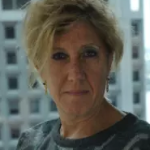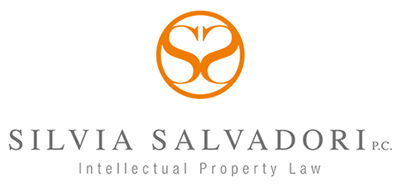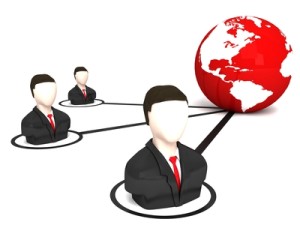Attorney-Client Privilege around the World
In the Federal Register of January 26, 2015, the U.S. Patent and Trademark Office (USPTO) requested comments on “Domestic and International Issues Related to Privileged Communications Between Patent Practitioners and Their Clients.”
Specifically, comments were requested for the following questions:
- To what extent, and even whether or not, U.S. courts should recognize privilege for communications between foreign patent practitioners and their clients;
- The extent to which communications between U.S. patent applicants and their non-attorney U.S. patent agents should be privileged in U.S. courts; and
- Whether and to what extent communications between U.S. patent practitioners and their clients should receive privilege in foreign jurisdictions.
Many Intellectual Property Associations responded to the USPTO by sending their recommendations.
A bedrock of U.S. legal practice is the “attorney-client privilege,” which allows a party to keep certain communications secret. This is a very important exception to the broad discovery that is ordinarily permitted in U.S. civil litigation. On this basis, it is clear that clarifying the laws of privilege in communications with licensed patent practitioners will promote complete and open communication between clients and licensed patent practitioners; this is critical for the effective operation of the legal system.
At the moment, courts are split over whether communications with licensed U.S. and foreign domestic patent practitioners are privileged, even though the courts recognize that privilege comes into play when a U.S. patent agent is working under an attorney’s supervision.
For example, Massachusetts district courts have held that U.S. patent agent communications aren’t privileged, reasoning that “the role of a U.S. patent agent is akin to an accountant,” but other courts have found that such privilege exists because U.S. patent agents and attorneys are equal before the USPTO. Such inconsistent application of privilege creates problems, because it encourages forum shopping and “unnecessary motion transfer practice.” It also puts up roadblocks for applicants that are seeking to use U.S. patent agents to pursue intellectual property rights in multiple countries.
“Thus, inconsistent treatment of privilege has significant costs for both applicants and government resources. Clear rules that recognize the privilege of communications with licensed U.S. and foreign patent practitioners would benefit all,” the letter read. By declaring that patent practitioners are subject to the same privilege as lawyers, the protection would apply to legal or technical communications as long as the communications fall within the area that the patent practitioner is licensed to practice. In addition, it would be important if the USPTO establishes minimum privilege standards in the courts of member countries, because some countries do not recognize this as a privilege. Such standards would “end the convoluted analysis” currently used to determine whether privilege applies globally.
 Silvia Salvadori, PhD.
Silvia Salvadori, PhD.
www.salvadorilaw.com
www.salvadorilaw.com/blog
silvia@salvadorilaw.com
(212) 897-1938

